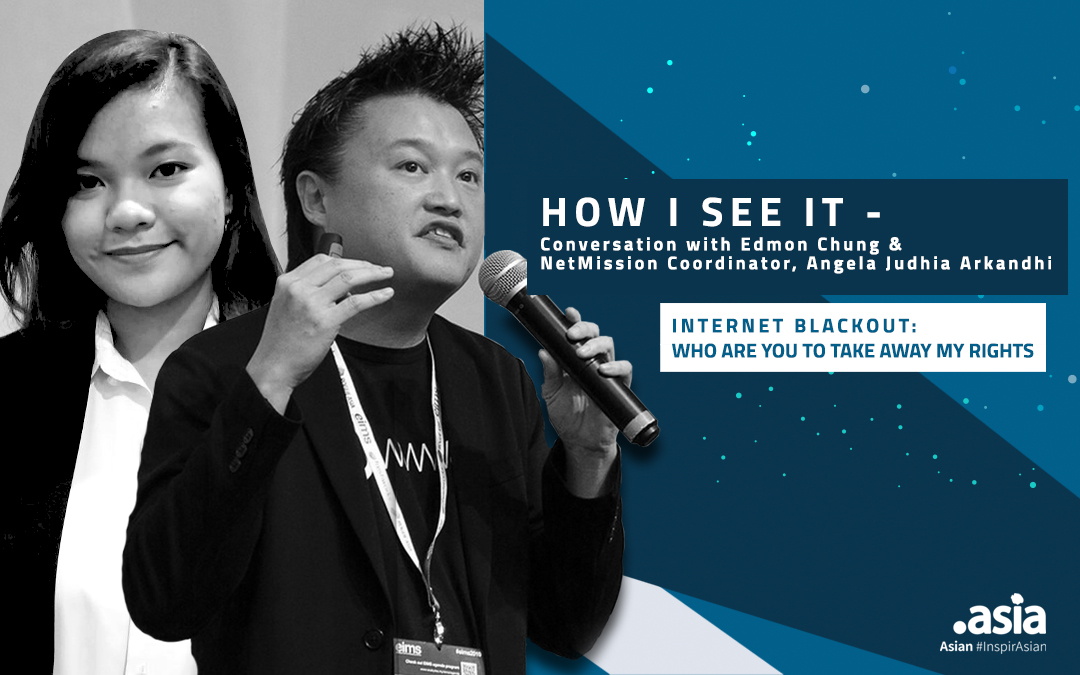
Would you still recognise me if I grew another 10 years older? #10yearschallenge. Humans age, but what about animals?
The artificial intelligence of facial recognition is not only for social media, public or national securities, it is also beneficial for wildlife conservation. Similar to the fingerprints of human body, our animal prints on tigers, giraffes, leopards, etc are also unique and no two individuals will ever look the same. Some reserves use human eyes to distinguish the pictures captured from camera traps but improving technologies can make monitoring and conserving wildlife easier by distinguishing and tracking their sightings and population. Facial recognition is nothing new but with added artificial intelligence and machine learning, the computers learn to decipher low quality images much more efficiently than human researchers.
Imagine if everyone contributes to this wildlife big data collection like the #10yearschallenge by sending their wildlife sightings to an online database, there would be plenty of free images available for studies! Make sure you turn off precise geotagging when doing so, poachers may use that information to hunt tigers.
#doubletigers #SDGs
This.Is.Asia Newsletter Issues

Top 3 Asian Male Footballers
The UEFA Euro 2020 Tournament is finally happening in 2021! After a year delay, Euro 2020 officially kicked off on June 11, 2021, hosted across EU in eleven cities for the first time.

Asian Pacific American Heritage Month – A Conversation with Todd Han, President and CEO of Dynadot.com
Asian Americans contribute significantly to the development of small and medium size businesses in the U.S. In honor of Asian American and Pacific Islander Heritage Month this May, we are dedicating our post to our channel partner Dynadot.com, founded by Asian...

My Favorite Asian American Artists in 2021
Here are some of my favorite Asian American artists and entertainers in films, music, and performing art. I’ve followed their journey for many years. During the pandemic, art became a form of therapy for me.

How I See it – Internet Blackout: Who Are You to Take Away My Rights
Have you experienced an Internet blackout? Such incidence might occur when a city is hit by natural disaster or facing cyberattack. The outage of Internet service experienced by the people of Myanmar recently did not happen because of any such reasons above however, but about politics.
In this episode, Edmon Chung, the CEO of DotAsia Organisation, and Angela Arkandhi, NetMission ambassador — a university student from Indonesia who is passionate about Internet governance and digital policy — are going to explore how the Internet shutdown refrains us from exercising our rights. What are the compromises between tackling the dissemination of false information and ensuring freedom of speech online? Is Internet shutdown not an open-air prison for those who are experiencing it?





